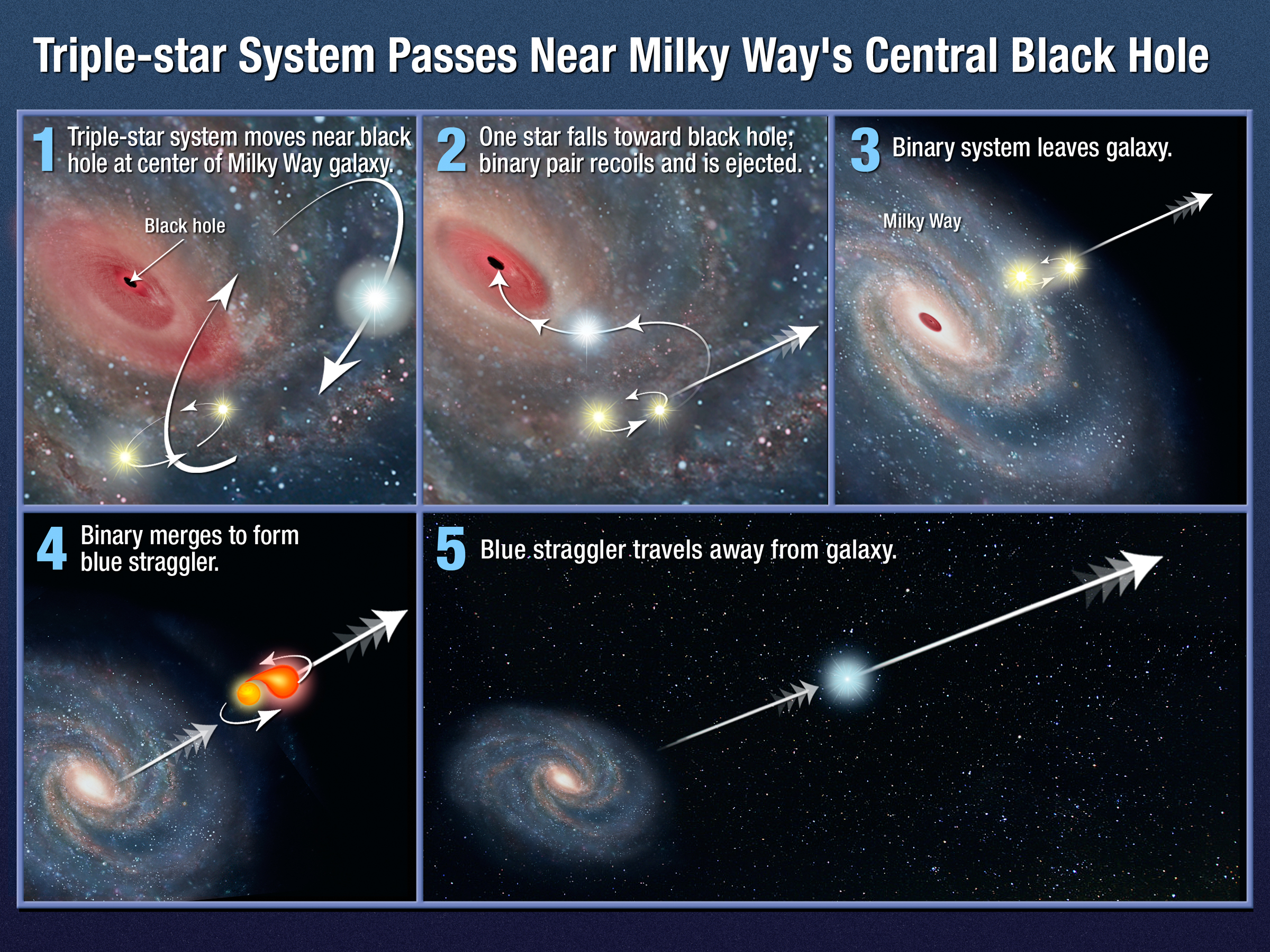Planet illuminated by blue-shifted relic radiation
Are there realistic circumstances that a planet would be accelerated (either artificially or naturally) to the speed at which relic radiation becomes so blue-shifted that the planet is illuminated so as if it were in a habitable zone?
I also wonder the following:
Will such planet be in constant danger of impact by small bodies who at these speeds can be a danger to the whole planet's population?
Will not distant stars and galaxies become luminous enough so that their ionizing radiation to become dangerous to the planet's life?
Will not such planet quickly slow down due to cosmic medium?
What will happen if such planet impacts an intergalactic gas cloud or enters a galaxy?
This post was sourced from https://worldbuilding.stackexchange.com/q/3671. It is licensed under CC BY-SA 3.0.
1 answer
I'm not going to calculate at what speed the planet would have to move in order for this effect to happen. My guess is that it would have to go pretty darn fast for there to be a substantial difference, but I don't have much to back that up, other than (sometimes faulty) intuition.
Could a planet be accelerated to some incredible speed? Absolutely. Just put it near the supermassive black hole, Sagittarius A*, in the center of our galaxy. I have to add in a picture (from Wikipedia) to illustrate just how much stars are effected near it:

Image courtesy of Wikipedia user Cmglee under the Creative Commons Attribution-Share Alike 3.0 Unported license.
It is thought that intergalactic stars are chucked out of their home galaxies by interactions with a supermassive black hole. Here's a graphic (from Wikipedia) that illustrates this:

Image in the public domain.
I apologize if the graphic take a while to load; it took about 30 seconds on my computer.
These stars are known as hypervelocity stars. They can travel at speeds of about 1,000 km/s - not nearly enough (if Vandroiy's calculations are correct) for this kind of speed. However, I wouldn't me surprised if a galaxy with multiple SMBs (perhaps the result of a few galaxy mergers) could get stars moving a lot faster than that. If this can happen to stars, it can sure happen to planets (note: rogue planets do not necessarily get removed from their star in this fashion). Besides, planets are a lot less massive than stars (many orders of magnitude) and so could possible get boosts many orders of magnitude higher.
Will such planet be in constant danger of impact by small bodies who at these speeds can be a danger to the whole planet's population?
Most likely not. Remember this quote from Douglas Adams:
"Space," it says, "is big. Really big. You just won't believe how vastly, hugely, mindbogglingly big it is. I mean, you may think it's a long way down the road to the chemist's, but that's just peanuts to space, listen..."
There aren't a lot of dense areas of celestial bodies. Remember, the nearest star system is the Alpha Centauri system - and that's 4 light-years away! I'd imagine that collisions would be extremely unlikely, although there could be more activity near the galactic center. However, it will probably interact a little with the interstellar medium, though not a serious amount.
What if this thing goes into intergalactic space? Well, it will probably run into the intergalactic medium, some of which is composed of a plasma, possibly made of hydrogen. The planet might heat up a little, which I think is good, for your scenario. There would probably be some interesting atmospheric interactions, too; friction between the atmosphere and the intergalactic medium could heat up the top layers of the atmosphere to an extreme level.
Will not such planet quickly slow down due to cosmic medium?
Possibly - and probably a little bit. There will certainly be interactions with either the ISM or the IGM, which could slow it down a little. If the planet passes through higher-density regions of space (nebulae, gas clouds, etc.), then this will become a bigger issue. Which brings us to our last section.
What will happen if such planet impacts an intergalactic gas cloud or enters a galaxy?
Cool. I'm not sure what would happen here because I don't know if these exist in non-negligible numbers. I can analyze an interstellar cloud, if you want.
Interstellar clouds are regions of space filled with lots of gas and dust. They contain some dense ISM, as well as a lot of hydrogen. Some, such as giant molecular clouds, are the birthplaces of stars. They have a heck of a lot of hydrogen, in its molecular form (H2, I believe, although I'm not positive). How dense are these clouds? Some are very dense. From Wikipedia,
Whereas the average density in the solar vicinity is one particle per cubic centimetre, the average density of a GMC is a hundred to a thousand times as great.
Wow. That's pretty dense. Could that cause some problems for our high-velocity planet? Perhaps. But there could also be some upsides. After all, stars are being born nearby. And gravitational capture is always a possibility. . .




















0 comment threads